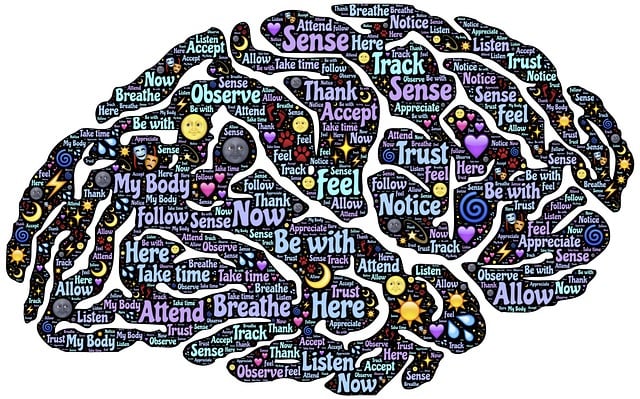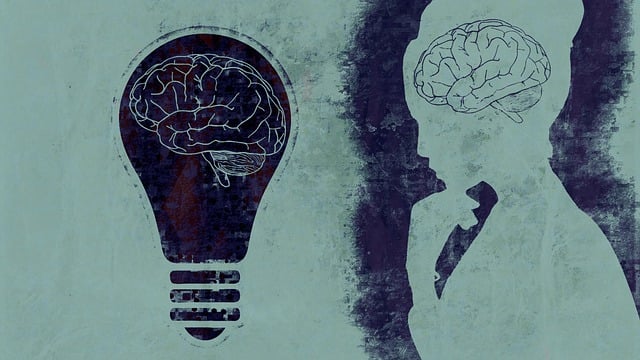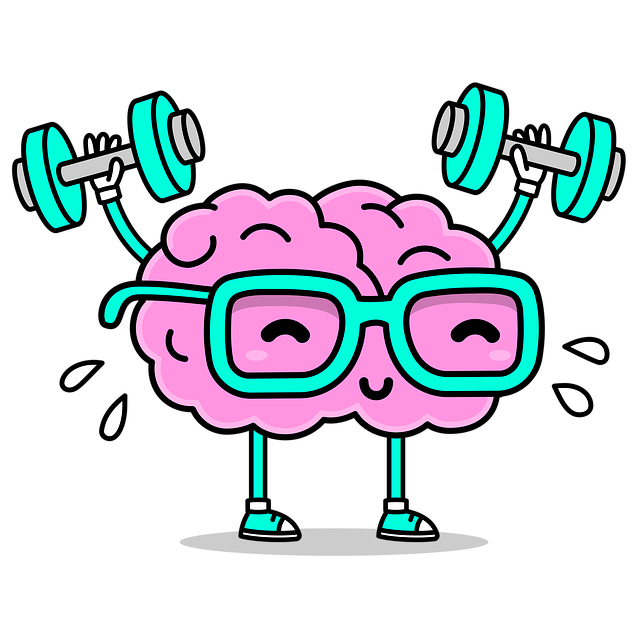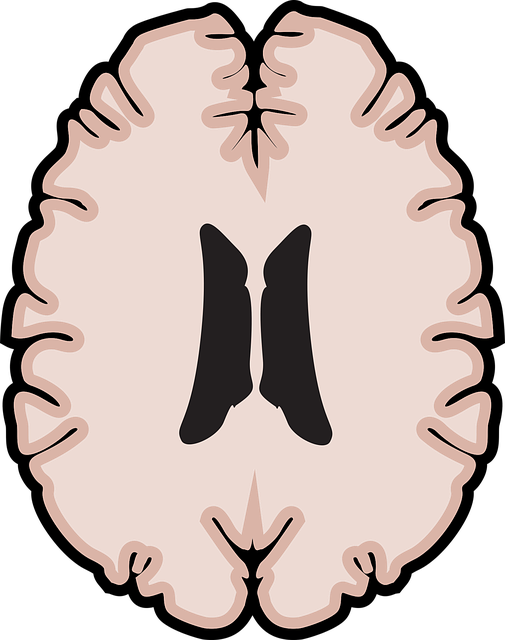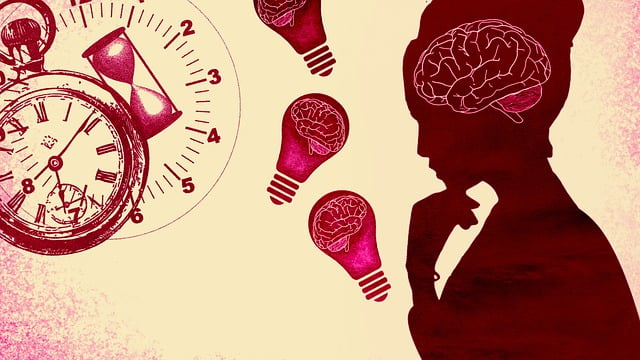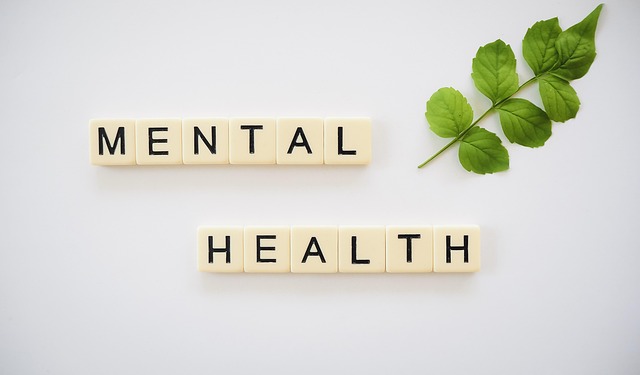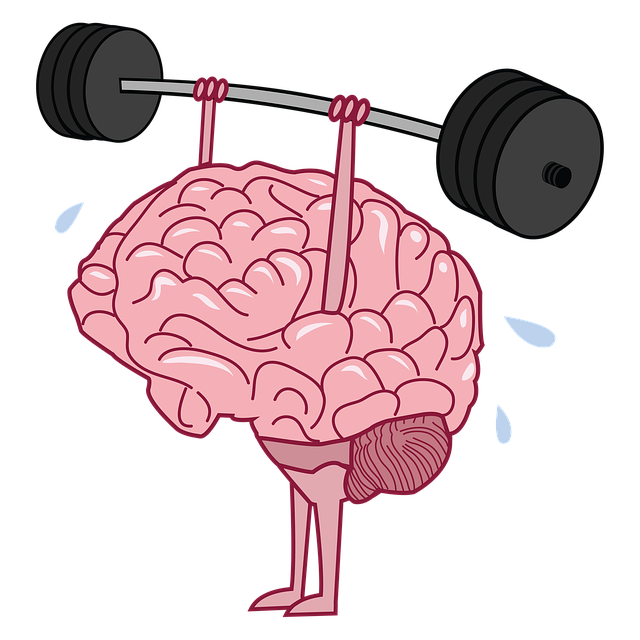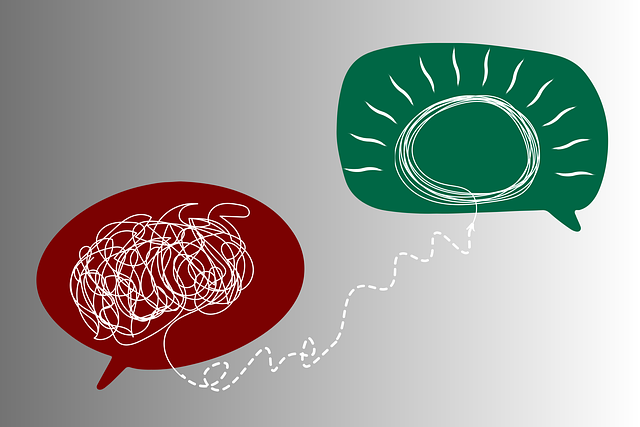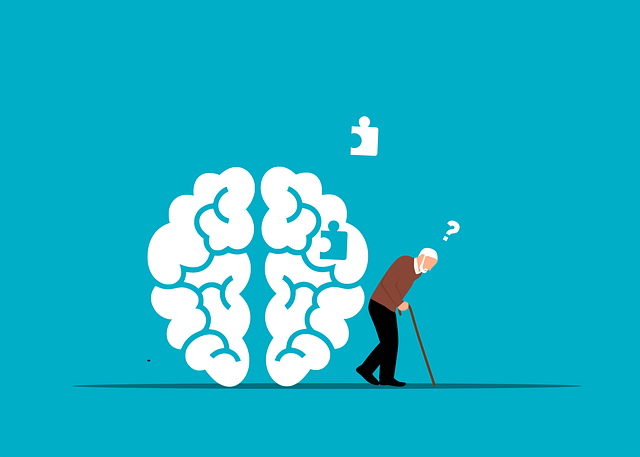Aurora Couples Communication Issues Therapy offers a transformative mental wellness approach through expert-led group facilitation. Creating safe, inclusive spaces, therapists employ active listening, reflective summarizing, and structured discussions to aid participants in managing emotions and developing coping mechanisms for depression and burnout prevention. Risk management planning ensures participant safety while strategic techniques from mental wellness podcasts enhance communication and self-care practices. Effective group dynamics involve creating supportive environments, setting clear boundaries, emphasizing confidentiality, and using mindfulness meditation. Expanding support networks through a Community Outreach Program further enhances the group's impact, offering specialized services like Trauma Support for collective mental health and community building.
Mental wellness group facilitation plays a pivotal role in enhancing collective well-being. This article explores effective techniques, focusing on three key aspects: understanding mental wellness group facilitation, addressing Aurora Couples Communication Issues through therapy, and creating safe, supportive group environments. By delving into these strategies, we aim to equip facilitators with tools to foster meaningful connections and promote mental health in diverse group settings. Incorporating insights on Aurora Couples Communication Issues Therapy enhances the overall effectiveness of group dynamics.
- Understanding Mental Wellness Group Facilitation
- Aurora Couples Communication Issues: Strategies for Effective Therapy
- Creating a Safe and Supportive Group Environment
Understanding Mental Wellness Group Facilitation

Mental wellness group facilitation is a specialized approach to therapy that empowers individuals through collective support and understanding. It goes beyond individual counselling by creating a safe, inclusive space where members can share experiences, offer mutual support, and learn from one another. This dynamic format fosters a sense of belonging and encourages active participation in mental health management. Techniques employed by facilitators like those at Aurora Couples Communication Issues Therapy often include active listening, reflective summarizing, and structured discussions to promote open communication.
By employing these strategies, facilitators help group members navigate complex emotions, address communication issues, and develop coping mechanisms for challenges such as depression prevention and burnout prevention among healthcare providers. Effective mental wellness group facilitation also involves meticulous risk management planning, crucial for ensuring the safety and well-being of participants, as highlighted in discussions on risk management planning for mental health professionals.
Aurora Couples Communication Issues: Strategies for Effective Therapy

In facilitating Aurora Couples Communication Issues therapy, the approach should be tailored to create a safe and supportive environment where both partners feel comfortable expressing their thoughts and emotions openly. This often involves strategic techniques from mental wellness podcast series production, designed to enhance active listening, empathy, and non-violent communication. By encouraging self-care practices and coping skills development, therapists can help couples navigate complex issues effectively.
Effective strategies may include using reflective listening to mirror and validate each partner’s feelings, setting clear boundaries, and teaching de-escalation techniques to manage conflict constructively. Incorporating these methods allows for deeper understanding and improved communication, fostering a more harmonious relationship. In the process, therapists should also model healthy behavior, demonstrating the self-care practices that are vital for maintaining mental wellness both within and outside the therapy setting.
Creating a Safe and Supportive Group Environment

In facilitating a mental wellness group, one of the most critical aspects is cultivating an environment where every participant feels safe and supported. This begins with establishing clear boundaries and rules that emphasize confidentiality, ensuring everyone’s privacy is respected. Creating such a space requires active listening and empathy from the facilitator, fostering an atmosphere where individuals can openly share their experiences without fear of judgment.
Incorporating techniques like mindfulness meditation can enhance this process. By guiding the group through brief moments of calm focus, facilitators encourage self-awareness and emotional regulation. This not only improves individual mental wellness but also strengthens the sense of community among group members. Moreover, implementing a Community Outreach Program Implementation can help expand support networks, offering additional resources and connections that complement the in-group dynamics, especially for those grappling with specific issues like Aurora Couples Communication Issues or Trauma Support Services.
Mental wellness group facilitation is a powerful tool for fostering connection and healing. By understanding the fundamentals, such as creating safe spaces and employing strategies like those seen in Aurora Couples Communication Issues therapy, facilitators can significantly enhance group dynamics. These techniques not only promote open communication but also build trust and encourage personal growth. Ultimately, facilitating mental wellness groups requires a nuanced approach that adapts to diverse needs, ensuring every member feels supported on their journey towards improved mental health.
